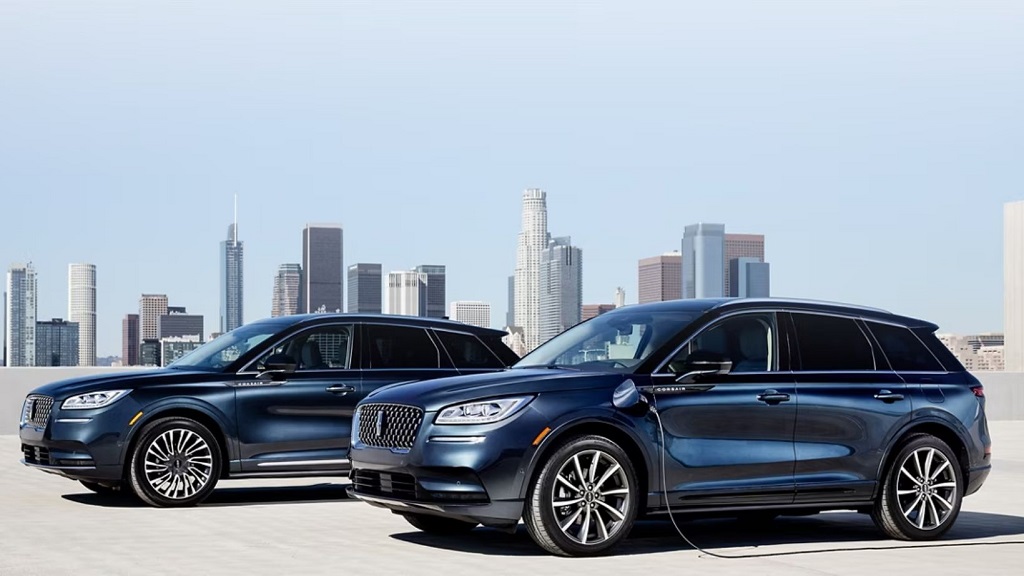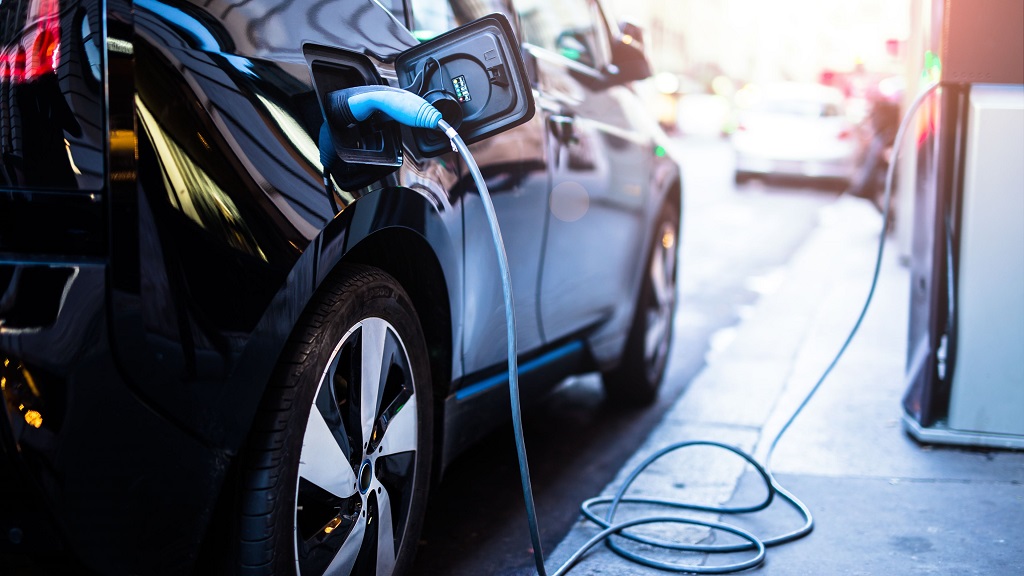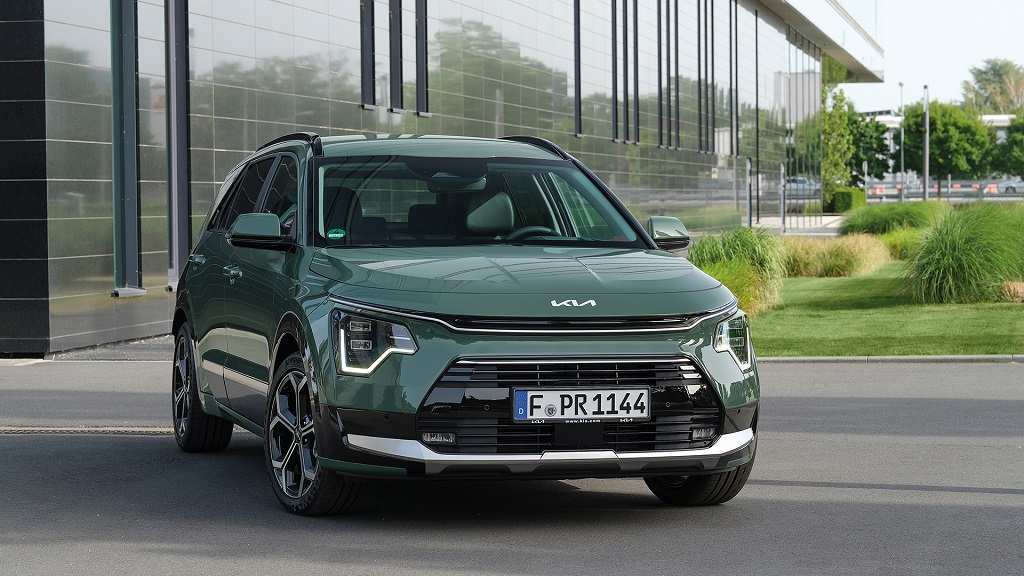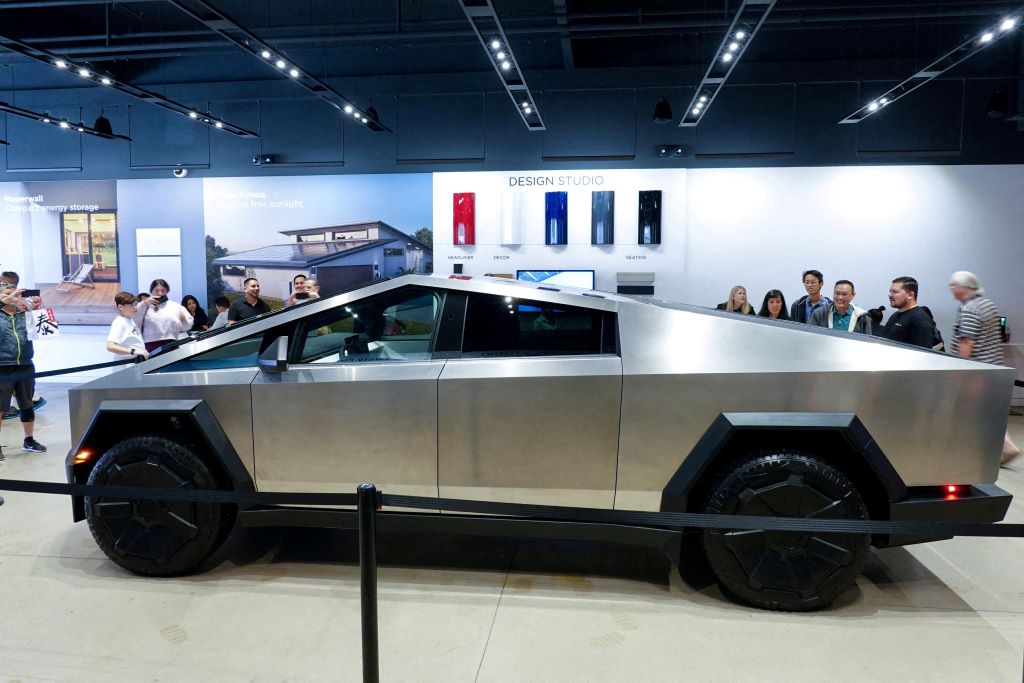In recent years, electric and hybrid cars have gained significant attention in the automotive industry. They are hailed as more environmentally friendly and cost-effective in the long run due to reduced fuel consumption and lower emissions. However, one common question arises: why do electric and hybrid cars cost more than other compact cars? In this article, we will delve into the factors that contribute to the higher price tags of electric and hybrid vehicles, exploring the intricacies of their design, technology, and production processes.
The Initial Investment: Battery Technology
Battery Technology – The Backbone of Electric and Hybrid Cars
The key component that sets electric and hybrid cars apart is their battery technology. Lithium-ion batteries, the most commonly used type in these vehicles, are expensive to manufacture. These batteries are designed to provide long-range capabilities and durability, but they come at a premium cost. As technology advances, we can expect battery prices to decrease, making electric and hybrid cars more affordable in the future.
The Impact of Cutting-edge Technology
Cutting-edge Technology – A Necessity
Electric and hybrid cars incorporate cutting-edge technology to enhance efficiency and reduce emissions. Features like regenerative braking systems, advanced electric motors, and complex control systems contribute to the higher price point. Manufacturers invest heavily in research and development to stay competitive in the market, which inevitably drives up the cost of production.
The Weight of Eco-friendliness
Eco-friendliness Comes at a Price
While electric and hybrid cars are known for their eco-friendliness, this environmental benefit also adds to their cost. The materials used in these vehicles, such as lightweight yet strong metals and advanced composites, are pricier than conventional steel and aluminum. Additionally, eco-friendly manufacturing processes can be more costly, but they align with the environmentally conscious ethos of these vehicles.
Economies of Scale
Economies of Scale – A Challenge for Electric and Hybrid Car Manufacturers
Unlike traditional car manufacturers, electric and hybrid car companies often struggle to achieve economies of scale. Mass production reduces costs, but these vehicles have not yet reached the production volume of their gasoline counterparts. As demand grows and production increases, it is likely that prices will become more competitive.
Incentives and Tax Credits
Incentives and Tax Credits – Mitigating the Cost
Many governments worldwide offer incentives and tax credits to encourage the adoption of electric and hybrid vehicles. These incentives can significantly reduce the upfront cost of purchasing such cars, making them more appealing to consumers. It’s essential to consider these incentives when evaluating the overall cost of electric and hybrid cars.
The Cost of Maintenance
Maintenance Costs – A Long-term Consideration
Electric and hybrid cars generally have lower operating costs than traditional vehicles, primarily due to reduced fuel consumption and fewer moving parts. However, the initial maintenance costs can be higher, as specialized technicians and parts are often required. Over the long term, these costs tend to balance out, but they are worth considering when making a purchase decision.
The Role of Resale Value
Resale Value – An Important Factor
Electric and hybrid cars tend to retain their value better than gasoline cars over time. This means that while the initial purchase price may be higher, you can often recoup some of that cost when you decide to sell or trade in the vehicle. Resale value can be a significant factor in the overall cost of ownership.
Conclusion
The higher cost of electric and hybrid cars compared to other compact cars can be attributed to several factors, including advanced battery technology, cutting-edge features, eco-friendly materials, economies of scale, and initial maintenance expenses. However, it’s crucial to consider the long-term benefits, such as reduced operating costs and higher resale values, when evaluating the overall value of these vehicles.
FAQs
1: Are electric and hybrid cars more expensive to maintain than gasoline cars?
Electric and hybrid cars may have higher initial maintenance costs due to specialized parts and technicians. However, they generally have lower operating costs in the long run, which can balance out the initial expenses.
2: Do governments offer incentives for buying electric and hybrid cars?
Yes, many governments provide incentives and tax credits to promote the adoption of electric and hybrid vehicles, making them more affordable for consumers.
3: Will the price of electric and hybrid cars decrease in the future?
As battery technology advances and production volumes increase, it is expected that the price of electric and hybrid cars will become more competitive in the future.
4: Do electric and hybrid cars save money on fuel compared to gasoline cars?
Yes, electric and hybrid cars are generally more fuel-efficient, leading to lower fuel costs over time.
5: Are electric and hybrid cars better for the environment despite their higher initial cost?
Yes, electric and hybrid cars have lower emissions and are considered more environmentally friendly in the long run, aligning with the global push for greener transportation options.







